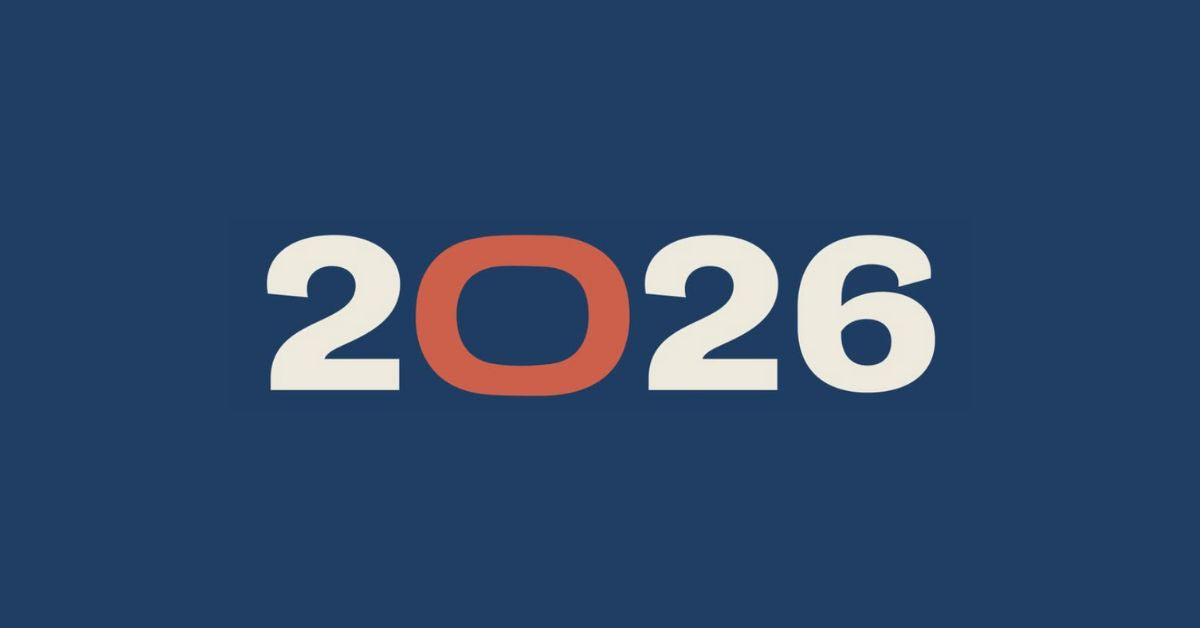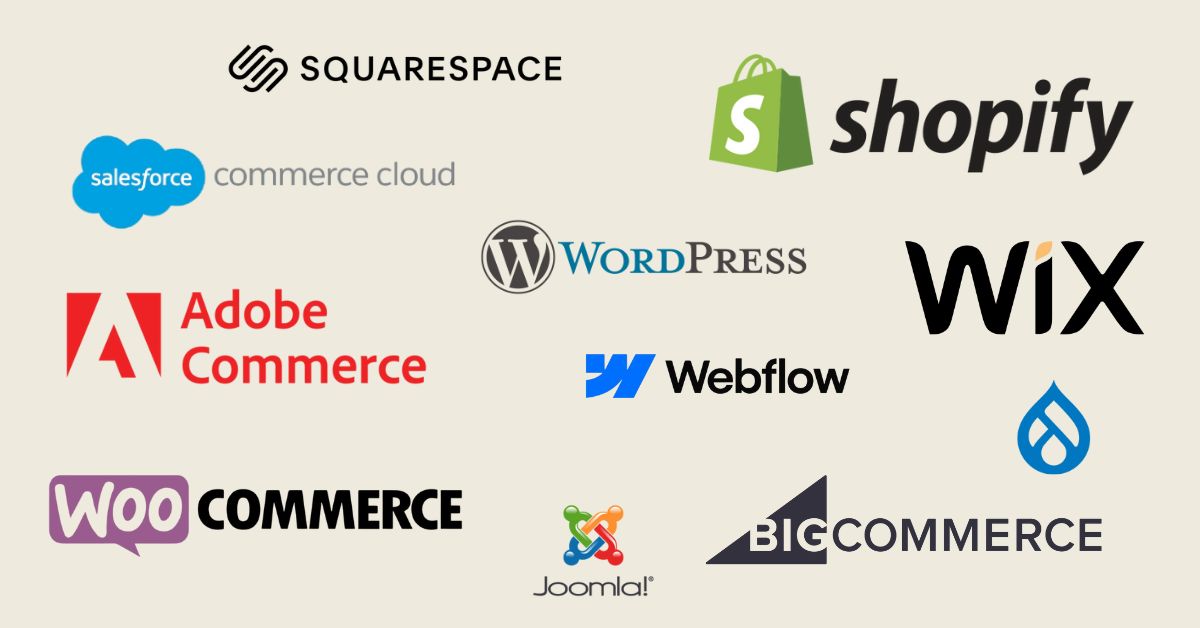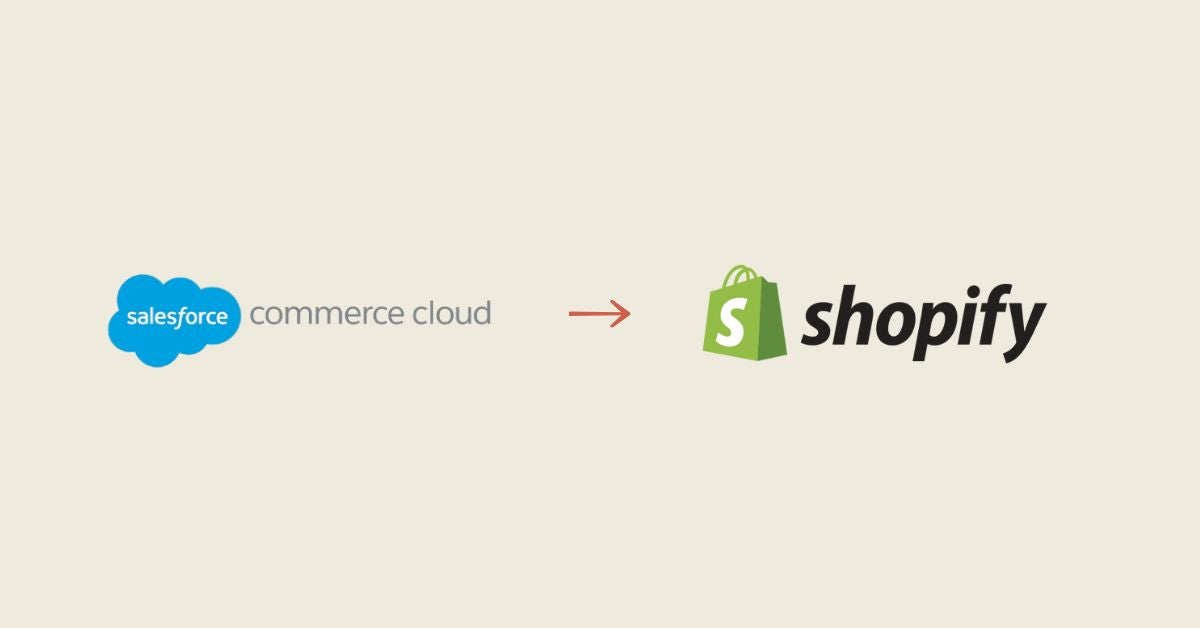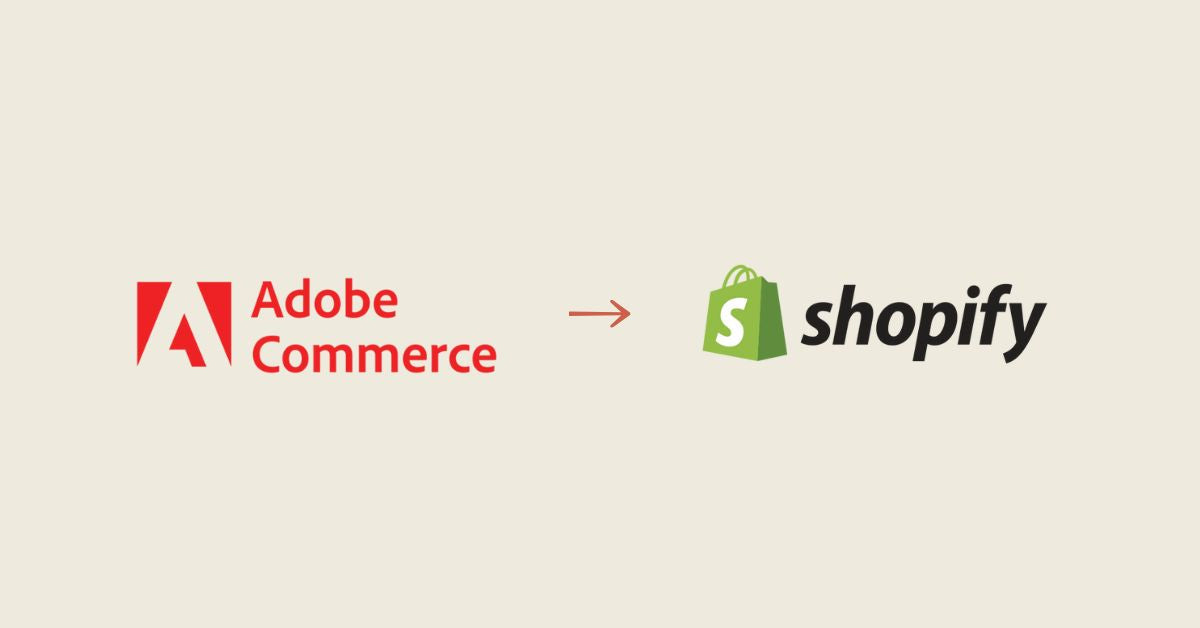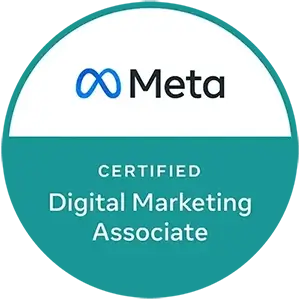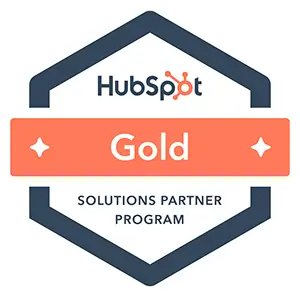In today's digital age, content reigns supreme. It must be at the very heart of any marketing strategy , serving as a vehicle to inform , engage , and convert your audience. Over time, the way content is managed has evolved considerably. It has become more diverse than just text on a web page, spanning multiple platforms and formats.
In this chapter, we'll explore how to maximize organic placements for your content across a variety of platforms: websites , social media, video platforms, and more. We'll also discuss the importance of understanding your target audience , identifying relevant topics, optimizing your content for SEO , and measuring the overall results of your efforts. Finally, we'll highlight the core principle of content marketing : create for humans, not algorithms!
Let's explore the fascinating world of content marketing and the best ways to use this powerful strategy to improve your online presence, engage your target audience, and grow your business.
Diversify and optimize organic investments
In today's digital world, content is no longer limited to your website . There are many channels on the web that can be used to distribute your content to an even wider audience . It's worth noting that each channel has its own unique characteristics and therefore requires a slightly different approach.
So here are some of the platforms we recommend you customize quality content for:
- Text, products, articles, “ Contact Us” and “About Us” pages:
For all text content on your website, it's important to ensure you optimize every element, whether it's product descriptions, blog posts, "Contact Us" and "About Us" sections for local SEO , or collection pages for e-commerce. Since each page is a unique opportunity to attract organic visitors, it's worth making sure that relevant keywords are included.
- YouTube (long and short videos):
YouTube is now a well-known powerhouse for video content of all kinds. Long-form videos are typically used for detailed guides, tutorials, or in-depth discussions on a topic. Short-form videos, on the other hand, are ideal for quick tips, product previews, or other easily consumable content. Regardless of video length, be sure to optimize your title, description text, and associated tags to maximize visibility.
- TikTok, Instagram Posts and Reels:
These social platforms are suitable for both visual and video content. TikTok is best known for its short, fun videos, while Instagram is used more for high-quality images and short videos ( Reels ). In both cases, using some relevant hashtags can help increase the reach of your posts.
- Pinterest:
Pinterest , for its part, is an ideal platform for sharing various images and infographics. Sometimes underestimated, optimized pins can generate significant traffic to your website . For better organic SEO, be sure to always use detailed descriptions and well-chosen hashtags .
- Threads and X (formerly Twitter ): When it comes to sharing longer content on social media, platforms like X (formerly Twitter) and Threads are good choices. You can use their features to share ideas, thoughts, or stories (content) in a way that stimulates interaction with your audience.
While each of these platforms is interesting in its own way, it's important to keep in mind that the goal isn't necessarily to spread yourself thin across all social media channels , but rather to choose the channels that most connect with your target audience. While making sure, of course, that you use them effectively!
Understanding your target audience and their search behavior
First and foremost, good content marketing involves a deep understanding of your target audience . You need to be able to answer these important questions :
- What are the concerns, questions and needs of my potential customers?
- What types of content do they prefer to consume?
- What are the common search queries among the target audience?
For example, for a restaurateur wishing to attract new customers, it may be interesting to identify whether the targeted people are, for example, looking for cooking recipes, advice for festive meals, wine reviews, or other quality added content, which could make them want to know more about the restaurant in order to discover it!
Identify content topics relevant to your business based on your target audience
Once your target audience has been clearly identified, it is now time to highlight topics that are likely to interest these future customers, while ensuring that they are relevant to your business.
For example, this could involve writing blog posts about the latest food trends, creating recipe videos, or publishing guides on wine and food pairing.
Create an editorial calendar
An editorial calendar is a valuable tool for organizing your content strategy . It helps you plan your posts in advance, keep track of important topics or events, and ensure regular distribution of your content.
A beauty salon, for example, might schedule skincare posts in the summer, as well as makeup tutorials for the holiday season.
Optimizing your content for SEO
Once you've created high-quality , unique content , it's essential to ensure it's easy for your target audience to find. To do this, consider optimizing your content with relevant keywords , catchy page titles , and informative meta descriptions .
Let's take a yoga studio as an example. To optimize its blog content, this small business might publish a blog post about yoga for relaxation, choosing to feature keywords like "yoga for stress" or "yoga poses for relaxation."
Creating different types of content
It's important to diversify your content to reach different segments of your audience. To achieve diversity in your content creation, here are some suggestions for content types to prioritize:
- blog posts;
- videos;
- infographics;
- white papers;
- guides;
- and much more!
For example, a project management software company might choose to create detailed guides explaining how to properly use their software, tutorial videos, blog posts on project management best practices , and infographics on industry statistics.
Promoting your content
Once all the content has been selected, created, and optimized, you need to ensure it is well- received by your target audience. Successful content promotion can include:
- sharing on social networks;
- obtaining backlinks ;
- publication on relevant third party sites;
- or even through influencer marketing.
A clothing brand, for example, could share its latest blog posts on fashion trends across its various social channels, collaborate with industry influencers to showcase their products, and obtain backlinks from popular and reputable fashion blogs.
Measure the results
Even if you do everything necessary to publish the best quality content, it's still crucial to measure the results of your content marketing strategy . In this sense, analytics tools can be a valuable ally to support your marketing strategies. These tools allow you to track traffic to your content, conversions generated, and user engagement , among other things .
For example, if you're a natural beauty online store, you might consider using Google Analytics to track how many visitors come to your site from recently published blog posts, how many of those visitors ultimately purchase products, and which blog posts generate the most engagement.
Create content for humans, not algorithms
But, in the end, all these best practices won't matter if the priority isn't placed on the quality of the content produced. While it may be tempting to follow the recommendations to the letter in order to please search algorithms , it's important to remember that the content must first be put forward for humans , and more specifically for those who make up your target audience!
Recently, algorithms have even evolved in this direction by prioritizing a type of content that offers real added value to users, rather than that which is simply stuffed with keywords.
In short, in an effective marketing strategy tailored to your needs, it is essential to focus on creating content that informs , entertains , and engages your audience. By achieving these goals, you will find that traffic, engagement, and conversions will gradually follow!
SEO Analysis and Reporting
SEO performance analysis and monitoring are crucial but often misunderstood steps when implementing various SEO strategies . In fact, some businesses tend to downplay their importance, believing that developing a good keyword strategy and technical optimization are enough to achieve results. Others may simply be overwhelmed by the amount of data to analyze and not understand how to use it to improve their performance.
In this section, we will therefore demonstrate how judicious use of SEO analysis tools and rigorous monitoring of your results can not only provide you with a clear view of your performance in real time, but also guide you in the continuous optimization of a good organic SEO strategy.
Among other things, you will learn how to identify the key performance indicators that are most relevant to your business , interpret the data you collect, make comparisons with your competitors, and communicate this information effectively when needed.
SEO analysis and monitoring: a profitable strategy
Performance analysis and tracking are definitely essential elements for a successful SEO strategy! Not only do they allow you to measure the effectiveness of your efforts, but they also provide valuable insights that can then be used to refine your approach and achieve your goals .
It is therefore a profitable way to make your efforts profitable and optimize your investments in SEO marketing data-mce-fragment="1" style="font-weight: 400;" data-mce-style="font-weight: 400;">!
Understanding the Need for SEO Data Analysis
Much more than a best practice, analyzing SEO data is actually a real necessity for SMEs. Without this information, it is impossible to measure the effectiveness of your SEO strategy, understand what is working and what is not, and make the necessary adjustments to improve your ranking in search results .
Effective Use of SEO Analysis Tools
Did you know that there are many tools , both free and paid, that can be used to analyze SEO data ? Some of the most popular include Google Analytics , Google Search Console , SEMrush , Microsoft Clarity , Serpwoo , Alexa Rank , Google Keyword Planner , SERPSTAT , Ahrefs , and many more.
To get the most out of these tools, it's important to use them effectively. And when it comes to effective use , it's important to remember not to just install them and forget about them. Instead, to take full advantage of all their benefits, it's necessary to take the time to understand how to properly configure them to track the metrics that are relevant to your business (organic traffic, visitor engagement, and conversions, among others). Once this data is collected, the next step involves knowing how to interpret it so that you can draw meaningful conclusions.
Interpreting SEO Data
It's true that the data provided by various analytics tools can seem daunting at first glance. However, once you understand the basics of what each metric means, it becomes possible to turn this information to your advantage. It's through this data that you can effectively assess the performance of your website.
For example, noticing an increase in organic traffic could indicate that your search ranking is improving, while a decline in conversions could reveal an issue with your site's usability or content relevance. By reading these metrics, you can then adjust your SEO strategy.
SEO Reporting
In addition to collecting as much relevant data as possible, and knowing how to understand it at least a little, another important step is to make sure you create regular reports in order to properly monitor the evolution of your natural referencing . More concretely, these allow you to measure the progress of your website , identify general trends, and communicate the results to your team or your clients. A good SEO report should therefore include information on traffic, rankings, engagement and conversions, as well as recommendations on the next steps to take to improve performance.
By understanding and applying these principles of analysis and monitoring, small and medium-sized businesses can then ensure they use SEO data to make informed decisions, optimize their organic SEO strategy, improve their online visibility and optimize the growth of their business.
Identify and monitor key KPIs
For effective in-house SEO analysis, it is essential to be able to identify which key performance indicators ( KPIs ) best align with your SEO goals. Organic traffic metrics, click-through rate (CTR), average session duration, bounce rate, and conversion rate are all good examples. These KPIs should be monitored regularly to assess the effectiveness of your SEO strategy and make appropriate decisions.
Comparative and competitive analysis
Throughout all these steps, it is true that the priority should be placed on your own goals and your target audience. However, it is equally important to continually keep in mind where you stand in relation to your competitors . Thanks to the many analysis tools found on the Internet, it is possible to carry out a good comparative and competitive analysis aimed at identifying the position you occupy in your sector in comparison to the competition. This constructive information can notably help you understand the areas where you excel, as well as those which need improvement.
Presenting data to stakeholders
All this analysis and reporting is not only important to you as an SEO manager, it's also a valuable way to communicate progress and results to all your business partners . For effective communication , it's essential to ensure this data is presented in a clear and understandable manner. Using customizable dashboards and visual reports can greatly facilitate this exchange.
By incorporating all these points, we believe that SMEs will be better equipped to understand the true impact of their SEO efforts. These methods make it possible to track progress, improve against competitors, and effectively communicate this data for optimal monitoring. In other words, analysis and reporting represent not only an effective way to track success, but also to formulate and adjust SEO strategies that support and promote business growth.
SEO optimization tools
In the infinite world of SEO , certain preconceived notions circulate, fueled by various myths and misunderstandings. For example, we sometimes hear that simply inserting keywords repeatedly is enough to optimize a website, or that SEO is an instant process that generates results overnight . However, the reality is quite different. SEO is a discipline that requires a thorough understanding of search algorithms , a strategic application of best practices , and the use of appropriate tools. If the goal is to improve your online visibility , then it is highly recommended that you learn how to effectively use the best SEO optimization tools at your disposal!
In this chapter, we will explore with you various tools for keyword research , website analysis, SEO plugins , website auditing, rank and backlink tracking , competitor monitoring and content analysis. Each category of tool plays a crucial role in developing and executing an effective SEO strategy . You will thus see the extent of the benefits that can be derived from the judicious use of SEO optimization tools .
Keyword Research Tools
When it comes to finding the right keywords to promote your services on the web , tools like Google Keyword Planner , SEMrush , Ahrefs , Moz Keyword Explorer , Ubersuggest and Keyword Tool are valuable allies. By using these software programs properly, you can quickly create a list of relevant keywords that will be useful in developing your SEO strategies.
For example, Google Keyword Planner , a good keyword suggestion and planning tool, can give you query ideas from a simple search term. Ahrefs , on the other hand, is able to highlight the keywords your competitors are ranking for, giving you a better idea of the potential opportunities available to you!
Website analysis tools
In addition to keyword-related tools, there are also analysis tools . The purpose of these tools is to ensure that you identify any technical errors that may be present on your site: broken links, 404 errors, crawl errors , security issues, etc.
Here are some of the most popular website analysis tools you can use:
- Google Search Console ;
- Bing Webmaster Tools ;
- SEMrush .
For example, thanks to its features, Google Search Console sends you an alert if the Google algorithm encounters any problems in the search or indexing of your site. This tool thus offers the possibility of quickly correcting these problems, with the aim of improving your current ranking on the search results pages.
SEO plugins
SEO plugins are another great tool to use for optimal SEO. These add-ons , like Yoast SEO , All in One SEO Pack , and Rank Math, help simplify the optimization of your content to make it more attractive to search engines.
Yoast SEO is a great example of a website add-on that specializes in SEO . Its comprehensive features include readability analysis, helping you make your content more accessible to your target audience. It also offers easy ways to add SEO-optimized meta tags, descriptions, keywords, titles, and images to any of your content on the web.
Website Audit Tools
To understand the true usefulness of these tools, it is first important to make sure you understand what an SEO audit is . By definition, we could say that it is actually a kind of diagnosis of your website and its performance . Depending on the results obtained, it is interesting to be able to make certain recommendations and conclusions. The ultimate goal is to adjust the SEO approach in order to continually optimize your online presence.
Screaming Frog , Sitebulb , and DeepCrawl are good examples of web audit tools that can help you identify technical errors and content issues on your site. They can crawl your website to collect detailed information about URLs, page titles, meta tags, links, and more.
Rank tracking tools
Some optimization tools offer the advantage of being able to accurately track your website 's position in search results based on target keywords. These rank tracking tools are another great way to implement the best SEO strategies for your business.
Looking for SEO tools that can do this? SEMrush , Ahrefs , and Moz are good examples. They provide close tracking, allowing you to see how your keywords are ranking over time.
Backlink tracking tools
Inbound links ( backlinks ) are an important aspect of any good SEO strategy. To measure the effectiveness of such an approach, you still need to be able to track the results. It is therefore with this objective in mind that backlink tracking tools are used .
Tools like Ahrefs , Majestic SEO , and SEMrush can help you monitor your site's backlinks and identify link building opportunities. Majestic SEO , for example, is a great resource for providing detailed information about the external links pointing to your site, including their quality and reliability.
Competition monitoring tools
To keep your business constantly up-to-date with its online presence, it's important to keep an eye on the strategies implemented by competitors in the same field. This is a great way to adjust your approach and stay competitive. To do this, competitive monitoring tools can help you monitor other companies' keywords and rankings. Proper use of these tools also helps identify the best opportunities for new link building.
SEMrush and Ahrefs are powerful examples. They allow you to see your competitors' top keywords, their positions in the SERPs , and even the different PPC ads used by these companies. The goal, of course, is to subsequently optimize your own SEO !
Content analysis tools
Since content is king when it comes to SEO optimization, it makes perfect sense to want to take advantage of the assistance of content analysis tools . Whether it's Clearscope , Surfer SEO , and MarketMuse or another similar tool, these give you the advantage of efficiently analyzing the existing content on your site, in order to identify the best optimization opportunities .
For example, with the help of Clearscope , you can get specific recommendations based on keywords . This allows you to improve your content and make it more relevant to your target audience.
In summary, with all these SEO optimization tools out there, each one has its own unique characteristics. Using them strategically can have a major impact on developing your SEO optimization strategies . Just make sure you choose the ones that best suit your business and goals!
Discover The Ultimate SEO Guide
Whether you're a business owner or decision-maker, maximize your online visibility with The Ultimate Guide to SEO . Written by experts, this guide offers key strategies to excel in search engines. Don't miss this opportunity to invest in your digital future. Get your guide now.
To learn more about SEO and artificial intelligence
At Bofu, we approach SEO in all its dimensions: technical, editorial, local, multilingual, and even in connection with the new capabilities of artificial intelligence.
Explore our specialized SEO services :
Also discover our analyses on the impact of AI in the world of SEO:
And if you want to deepen your knowledge of traditional and advanced SEO:






